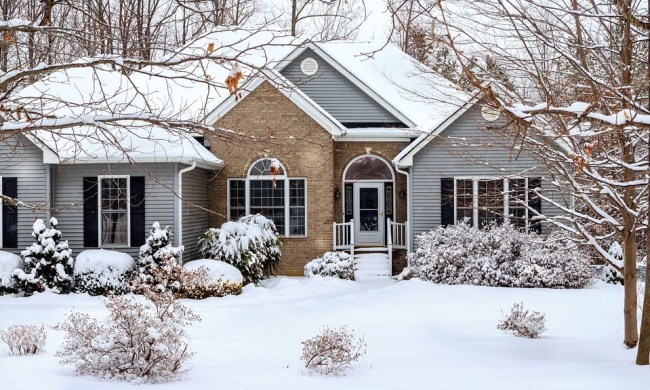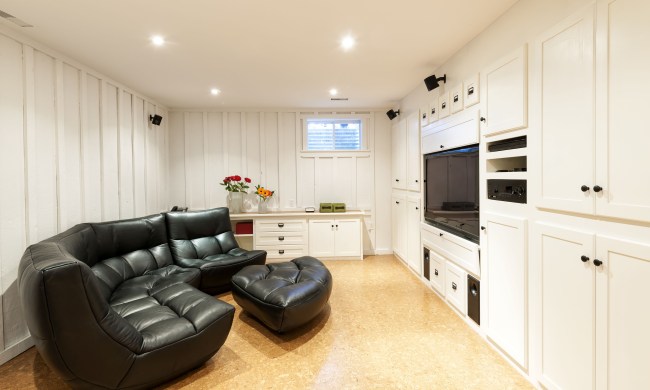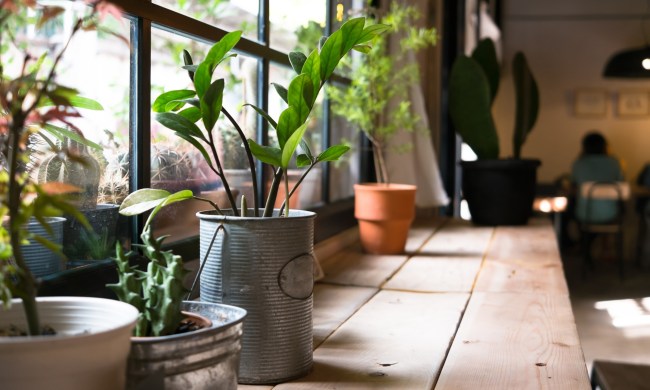Wall clocks are a decorative way to keep time and make your interior decoration complete. There are different clock types, including mechanical and digital, and high-quality wall clocks will be timeless additions to your home.
Digital clocks are more accurate and good if you want an inexpensive wall clock. However, mechanical clocks have sophistication and tradition that digital clocks lack when you are creating an interior design for your home.
Finding mechanical clocks can be difficult because digital clocks have superseded old-fashioned timepieces. Searching for mechanical clocks is easier online on vintage and antique seller websites or Etsy or eBay. Much more information about digital clocks is available on the internet. With this in mind, we have some suggestions for seven high-quality wall clocks.
Marathon CL030033SV Atomic Wall Clock
The Marathon CL030033SV has an advantage over other wall clocks: You don’t have to adjust the time. This clock uses radio frequencies to automatically set the time in synchronization with the NIST Colorado Atomic clock, a national clock that measures the seconds according to the oscillation frequency of electrons in the cesium atom. The Marathon has multiple temperature and time display modes as well as an easy-to-read face for eight U.S. time zones.
The Hito Wall Clock
The Hito Wall Clock is noted for being a silent yet steady timekeeper. With a stainless aluminum frame and glass cover, the Hito features quartz movements powered by a single AA battery. With its gauges for temperature and humidity, the Hito makes a quiet and elegant addition to your home.
Seiko QXA597ALH Japanese Quartz Wall Clock
The Seiko QXA597ALH Japanese Quartz Wall Clock will give your home a timeless and classic style with Roman numerals. Surrounded by a brown frame with a wood grain finish, the Seiko has a softer appearance suitable for an office or bedroom. Quiet with its electronic oscillator regulated with a quartz crystal to keep time, the Seiko has a signal and timekeeping that’s more precise than mechanical clocks. Only one AA battery is necessary for the clock.
The La Crosse Atomic Wall Clock
Like the Marathon, the La Crosse is an atomic clock with a built-in mechanism to receive radio signals using a transmitter to set the time automatically. The clock features an adjustable daylight-saving feature as well as four adjustable time zones. An advantage to the LaCrosse is its large and easy-to-see numerals.
Cigera 16-Inch Large Kitchen Wall Clocks with Spoons and Forks
For creative kitchens and a nod to whimsy, the Cigera kitchen clock features decorations of spoons, forks, and spatulas. The Cigera is a 16-inch clock with a silent quartz clock movement powered by one AA battery.
DreamSky 13.5 Inches Extra-Large Wall Clock
The DreamSky wall clock has a silent quartz movement for the office, kitchen, or bedroom. Its clear plastic case is easy to clean, and its large numerals are easy to read from far away.
Amazon Echo Wall Clock
The Echo Wall Clock is made from durable plastic material featuring white hands and numbers on a black background. Second and minute hands are LED lights when you set a timer, and you can connect the clock to an Alexa device.



